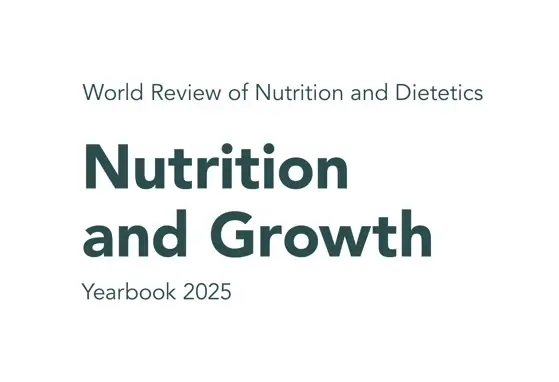No country on course to meet malnutrition targets, Global Nutrition Report says

Progress in tackling malnutrition worldwide is to date simply not good enough, according to the 2018 Global Nutrition Report, which lays bare the global devastation of having too much or too little to eat.
The Report’s assessment of progress against nine malnutrition targets makes for grim reading as it reveals that no country is on course to meet all nine targets, and only five countries are on track to meet four of the nine targets – the most any country is on track for.
“The figures call for immediate action,” said Corinna Hawkes, co-chair of the Report. Malnutrition is responsible for more ill-health than any other cause.
“The health consequences of overweight and obesity contribute to an estimated four million deaths, while undernutrition explains around 45% of deaths among children under five".
“The uncomfortable question is not so much “why are things so bad?” but “why are things not better when we know so much more than before?”
Additionally, the Report finds no country is on track to achieve the adult obesity target for men or women, nor reach the anaemia target. Only 26 countries are on track to reach the target for women’s diabetes.
Only 94 of 194 countries are on track for at least one of the nine nutrition targets assessed.
Unacceptably high burden of malnutrition
Hawkes, who is also director of the Centre for Food Policy at City University in London, joins representatives from the United Nations (UN), Food and Agriculture Organisation (FAO) and Global Alliance for Improved Nutrition (GAIN) to highlight the issue that goes beyond health, affecting social and economic development of countries.
The Report states around a third of reproductive-age women are anaemic, while 39% of the world’s adults are overweight or obese. In addition, approximately 20 million underweight babies are born each year.
Recent estimates believe malnutrition in all its forms could cost society up to €3.1tn ($3.5tn) per year, with overweight and obesity alone costing €443bn ($500bn) per year.
‘We are now in a position to fight it’
“While malnutrition is holding back human development everywhere, costing billions of dollars a year, we are now in a position to fight it,” said Jessica Fanzo, PhD, co-chair of the Report and Bloomberg distinguished associate professor at Johns Hopkins University.
“From policies such as sugar taxes, to new data that enables us to understand what people are eating and how we can best target interventions, the global community now has the recipes that work.”
With malnutrition targets missed, the Report urges more effort to adopt existing ideas proven to be effective asserting that the world is better equipped to end malnutrition.
In Mexico, for example an evaluation of the sugar-sweetened beverage tax found that sales of targeted beverages fell by 9.7% across the population two years after the policy was implemented compared with expected sales if it had not been.
Local-level data and action has been particularly effective in Amsterdam as the city faced an obesity crisis among young people.
Amsterdam actions
In late 2012 ambitious targets were set as the city tracked childhood obesity in different districts and propelled the issue to the top of the agenda.
Actions were broken down by prevention, cure and facilitation and included initiatives such as implementing restrictions on food advertising, and publishing guidance for healthy snacks in schools.
The report revealed that today, overweight and obesity prevalence in the city are levelling off.
Louise Meincke, head of policy and public affairs at World Cancer Research Fund, said, "We welcome the launch of this report. Every country is affected by malnutrition and to date not enough has been done to curb the unacceptable double burden of malnutrition".
“Cancer can be prevented if people have access to affordable, healthy food. Our framework and policy database, NOURISHING, highlights where governments need to take action to promote healthy diets and prevent overweight and obesity, and provides specific examples of already implemented food policies around the world."
Series of recommendations
Going forwards, the report recommended a series of steps that include breaking down existing silos to tackle malnutrition in all its forms, prioritising and investing in data to identify key areas of action and scaling up and diversifying funding for nutrition programmes.
Other steps include immediately taking action on healthy diets by making healthy foods affordable across the globe and implementing more ambitious commitments that are designed for impact through SMART targets.
“The 2018 Global Nutrition Report offers forward-looking steps to strengthen the ability of global and national food systems to deliver nutritious, safe, affordable and sustainable diets for children,” said Henrietta Fore, executive director, UNICEF.
“This paradigm shift – food systems that contribute to prevent malnutrition in all its forms – will be critical for children’s growth and development, the growth of national economies, and the development of nations.”
2018 Global Nutrition Report
If you liked this post you may also like


Shedding light on cow's milk in the first year of life

Long term human and economic impact of early child inadequate feeding

Children’s diets – the greatest determinant of global health